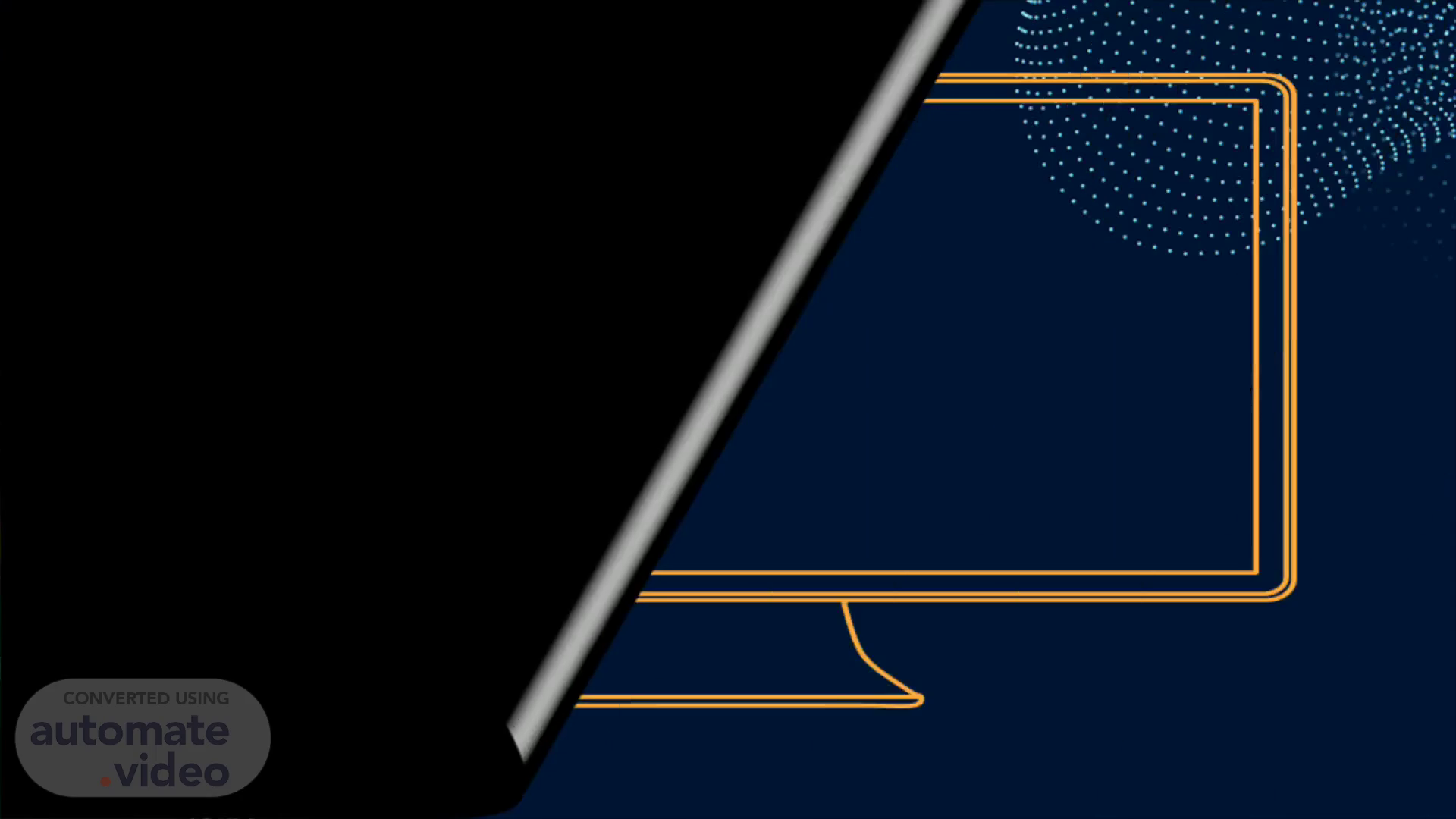
COMPARATIVE STUDY OF THE PHILOSOPHIES APPLIED IN GOVERNMENT AGENCIES
Scene 2 (26s)
T he DOLE is the national government agency mandated to formulate policies, implement programs and serve as the policy-coordinating arm of the Executive Branch in the field of labor and employment. To promote gainful employment opportunities, develop human resources, protect workers and promote their welfare, and maintain industrial peace..
Scene 3 (47s)
Philosophies Applied. Feminism. Department of Labor and Employment.
Scene 4 (1m 10s)
DOLE campaigns to eliminate discrimination against women as provided for in R.A. No. 9710, or the Magna Carta of Women..
Scene 5 (1m 39s)
Utilitarianism. The department provided one-time financial assistance to affected workers in lump-sum, non-conditional, regardless of employment status..
Scene 6 (2m 4s)
Equalitarianism. G overnment offices and private companies with more than 100 employees are required to set aside at least 1 percent of their job slots to qualified PWDs..
Scene 7 (2m 17s)
The Department of Trade and Industry (DTI) is a prime mover of consumer welfare. It is committed to protecting the rights and interests of the consumers and is also committed to developing policies and programs aimed at sustaining the growth and development of the Philippine economy..
Scene 8 (2m 34s)
Philosophies Applied. Feminism. Department of Trade and Industry.
Scene 9 (2m 50s)
DTI has programs that focus on women’s participation and benefits in livelihood and entrepreneurial activities. These are: ( i ) mainstreaming GAD in development plans, (ii) sustaining women in business, (iii) capacitating women in entrepreneurship, and (iv) greater and better access to business finance..
Scene 10 (3m 10s)
Utilitarianism. DTI provides loans to MSMEs through their financing arm Small Business Corporation (SB Corp).
Scene 11 (3m 45s)
The National Health Insurance Program was established to provide health insurance coverage and ensure affordable, acceptable, available and accessible health care services for all citizens of the Philippines. It shall serve as the means for the healthy to help pay for the care of the sick and for those who can afford medical care to subsidize those who cannot..
Scene 12 (4m 5s)
Philosophies Applied. Utilitarianism, Feminism, Equalitarianism.
Scene 13 (4m 32s)
Orphans, abandoned (children who have no known family willing and capable to take care of them and are under the care of the DSWD, orphanages, churches and other institutions) and abused minors, out-of-school youths, street children, persons with disability (PWD), senior citizens and battered women under the care of the DSWD, or any of its accredited institutions run by NGOs or any non-profit private organizations, whose premium contributions shall be paid for by the DSWD;.
Scene 14 (5m 13s)
Comparison of the Philosophies Applied DOLE, DTI, Philhealth.
Scene 15 (5m 42s)
Utilitarianism. Provides livelihood program to marginalized sector.
Scene 16 (6m 3s)
Advantages and Distavantages in the Philosophies Applied DOLE, DTI, Philhealth.
Scene 17 (6m 25s)
Advantages and Distavantages in the Philosophies Applied DOLE, DTI, Philhealth.
Scene 18 (6m 41s)
Applicability of the Philosophies Applied by DOLE, DTI and PhilHealth to DSWD.
Scene 19 (6m 58s)
Applicability of the Philosophies Applied by DOLE, DTI and PhilHealth to DSWD.
Scene 20 (7m 20s)
Applicability of the Philosophies Applied by DOLE, DTI and PhilHelath to DSWD.
Scene 21 (7m 37s)
The New Philosophy that is most applicable to DSWD.
Scene 22 (7m 55s)
Comparative Study of the Philosophies applied in Governement Agencies.